OUR PROGRAMS
Being well versed, informed, researched and up-to-date on issues that affect conservation, is one of the most important goals of WildCAT-C. We have gained our firsthand understanding of science and research through participation in various research programs in Chikkamagaluru, as well as other landscapes of the country. These include, line transect surveys to estimate tiger prey density, camera trapping surveys to estimate tiger and leopard density, distribution surveys to determine presence and absence of animals, human-wildlife conflict surveys, boundary mapping surveys and the like. Furthermore, our members have traveled far and wide visiting various wildlife areas. The experience and learning thus have helped our conservation efforts in Chikkamagaluru.
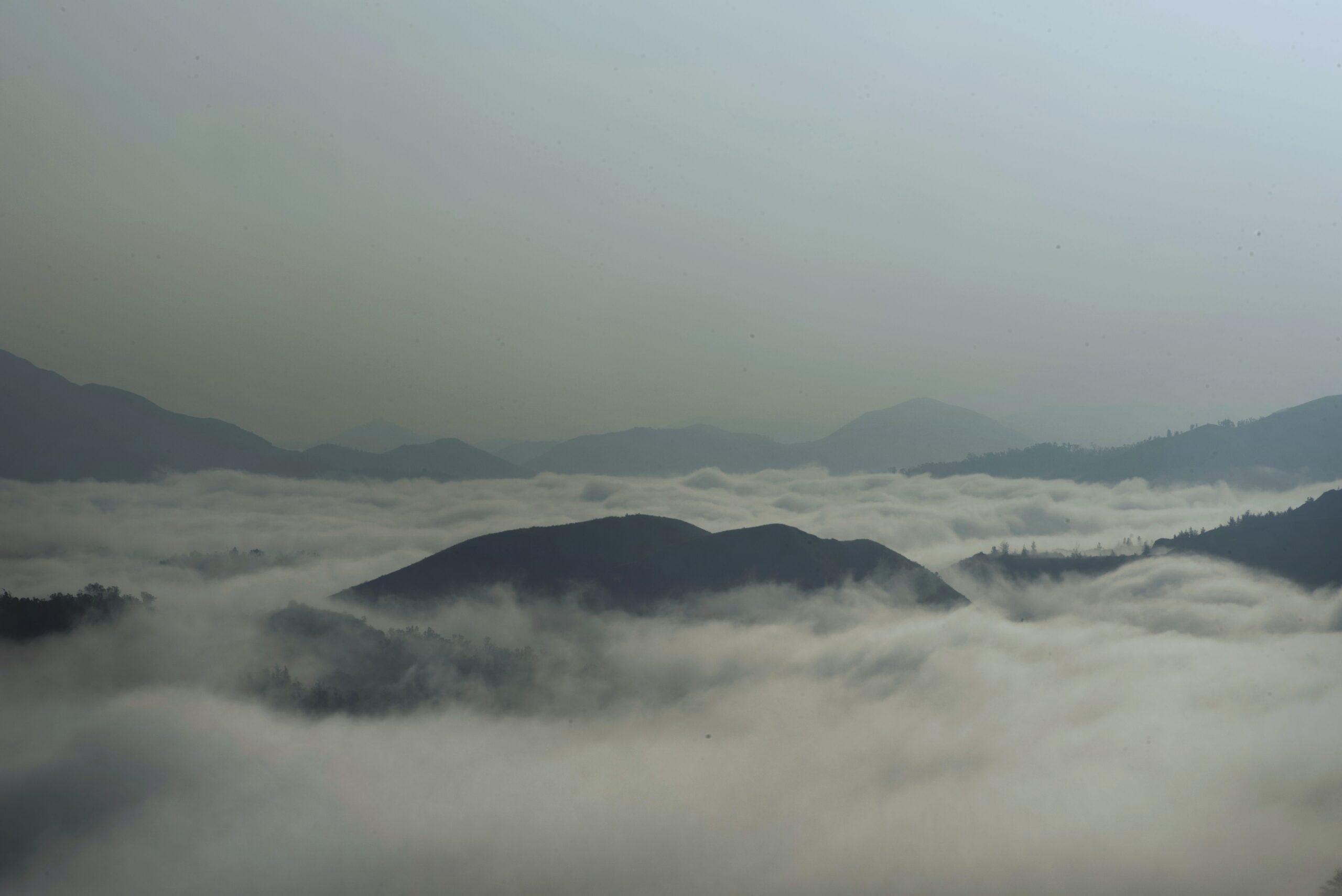
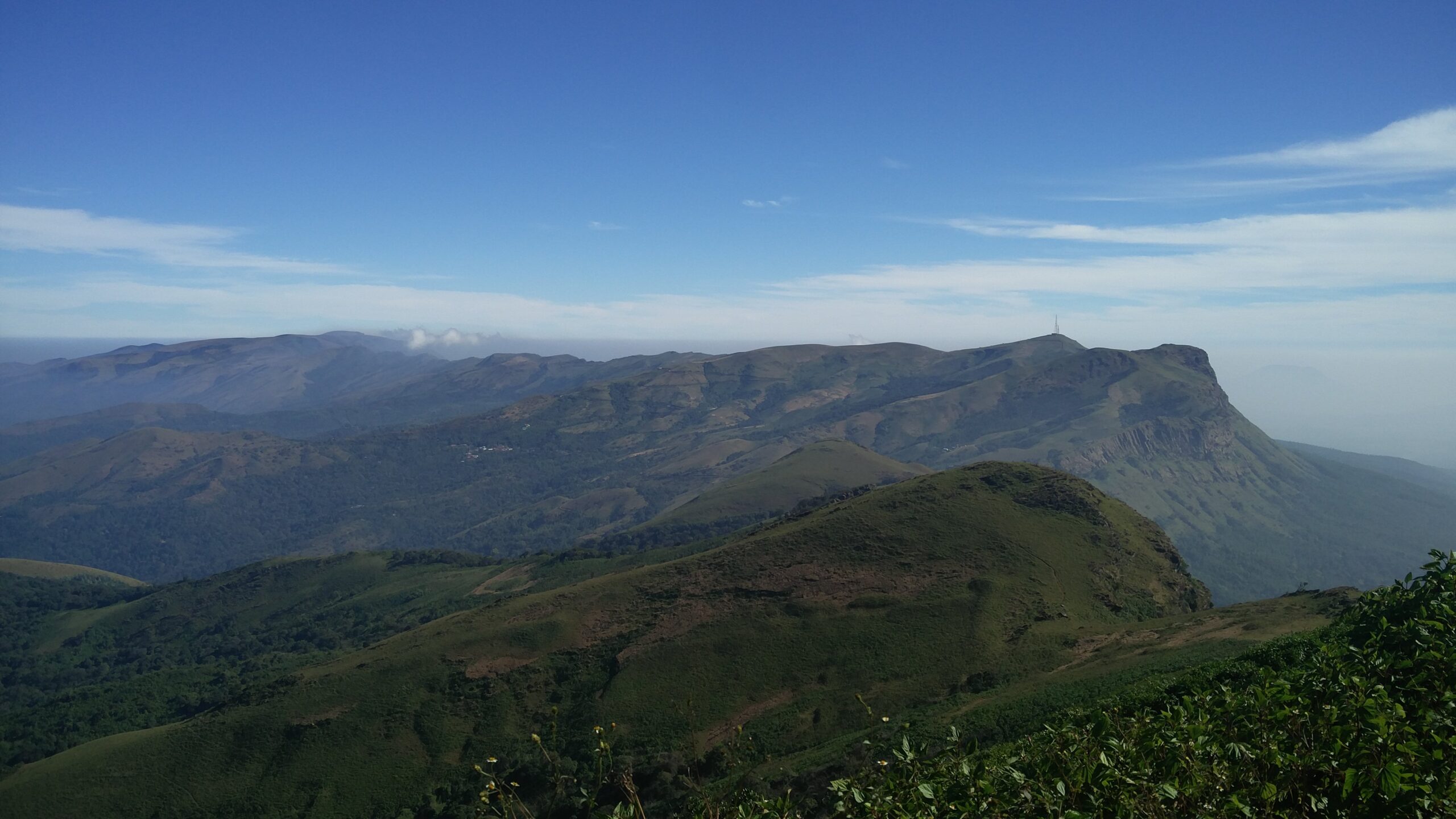
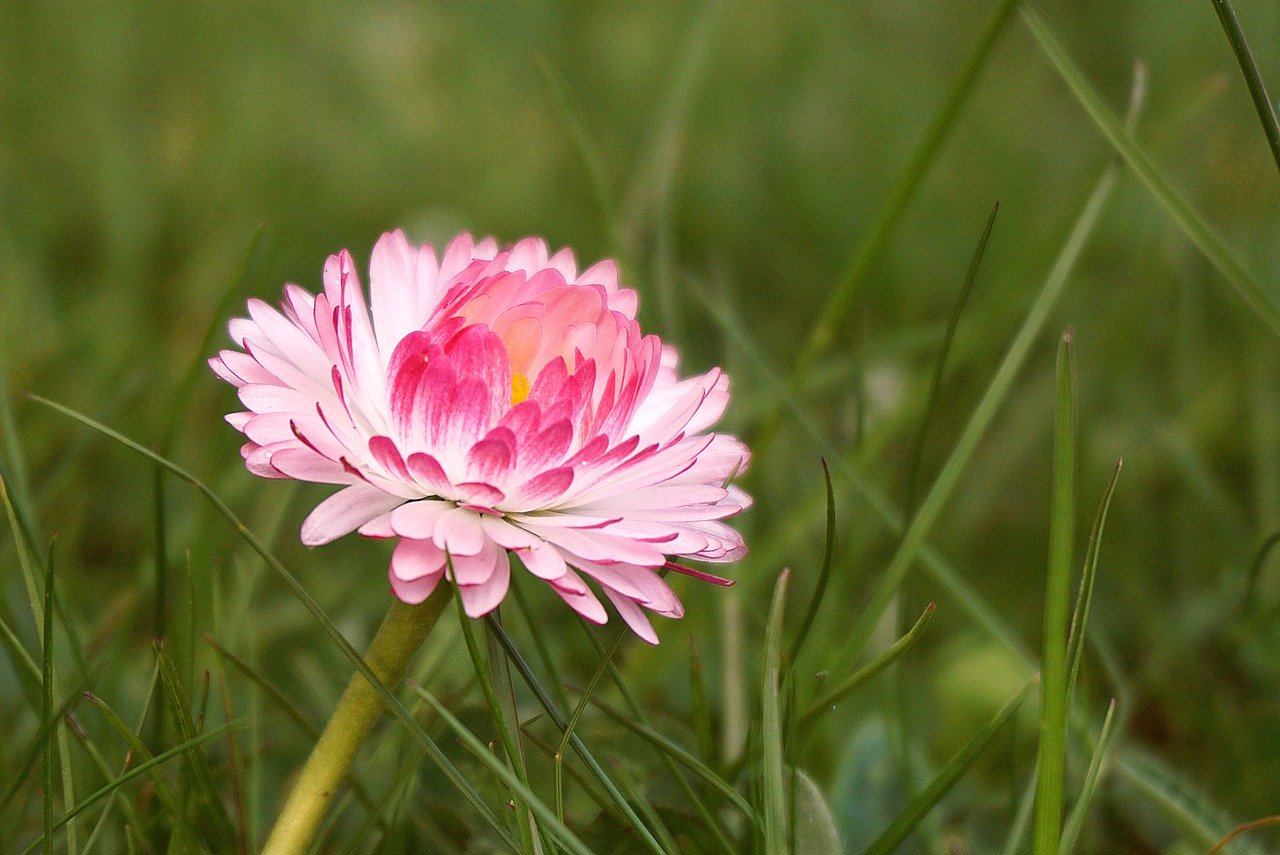
Protection and Expansion of Protected Areas
We have supported the Karnataka Forest Department in various conservation activities in Bhadra Tiger Reserve, in the last three decades. From stopping commercial extraction of bamboo, we supported the handover of the sanctuary to wildlife division, assisted in improving management practices, controlling forest fire, curbing poaching and smuggling activities, voluntary resettlement of thirteen villages, to state a few. Additionally, we have stopped construction of dams, expansion of tourism infrastructure, and Kemmangundi iron-ore mining operations in and around the reserve to secure the habitat. We continue to monitor the area and support protection activities in the Tiger Reserve.
Our team led a campaign against expansion of iron-ore mining operations in Kudremukh National Park. This was one of the largest operational opencast iron-ore mines in the country. When the Kudremukh Iron Ore Company Limited (KIOCL) was planning to expand its operations in the mountains that gave birth to rivers Tunga and Bhadra, our group opposed and led legal interventions through the High Court of Karnataka. Multiple conservation organizations and independent conservationists joined the campaign eventually, which led to closure of the mines through the Supreme Court order in 2008. Furthermore, we have supported the private and government funded voluntary resettlement program of the Government in the National Park, through Karnataka Forest Department, Wildlife Conservation Society and other conservation organizations.
Basur Amruth Mahal Kawal is a dry grassland habitat in the Kadur taluk of Chikkamagaluru. In 2012, our proposal submitted through Karnataka Forest Department to declare 1800 acres of Basur Amruth Mahal Kawal as a ‘Conservation Reserve’, under the Wildlife Protection Act of 1972, was approved by the state government. This is the only region in the district where Black Bucks are found. Black Bucks are the antelopes that are protected under schedule one of the Wildlife Protection Act of 1972. Previously, we had protected this grassland by advocating against habitat manipulation through ill thought-out planting programs of the Karnataka Forest Department, wildlife poaching and construction of a highway through the grassland. Our ongoing interventions include protection of the grassland from land encroachment and construction of a water canal proposal to cut through the grasslands.
Considering our proposal, submitted through the Karnataka Forest Department, the state government approved to declare Mullayyanagiri mountain chain as a Conservation Reserve under the Wildlife Protection Act, 1972. The proposal is currently undergoing administrative approval for gazettement. This horse-shoe shaped mountain chain, adjoining Bhadra Tiger Reserve, is the birthplace of rivers Yagachi and Vedavathi, and has been a major feeder for river Bhadra. It is also a key area for various endemic wildlife. We have been actively working for three decades to protect these biodiversity rich areas. Our conservation interventions in this area include protection of the mountains from forest fire, ecologically detrimental projects such as installation of over two hundred windmills, diversion of rivers, forest encroachment, poaching and construction of luxury resorts. In the past few years, we have been advocating carrying capacity-based ecotourism operations in this area, to reduce the ongoing threat of uncontrolled tourism and infrastructure development.
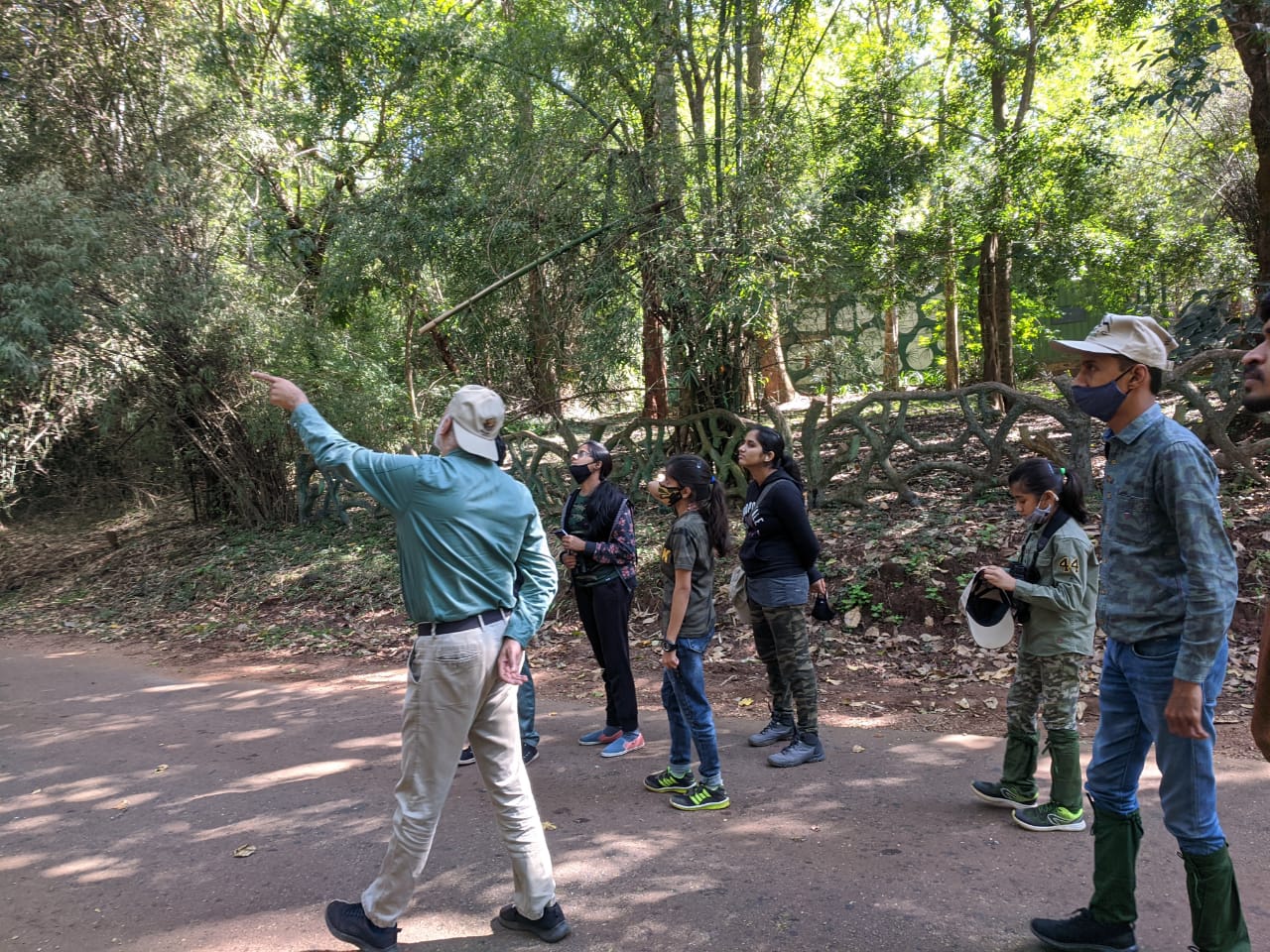
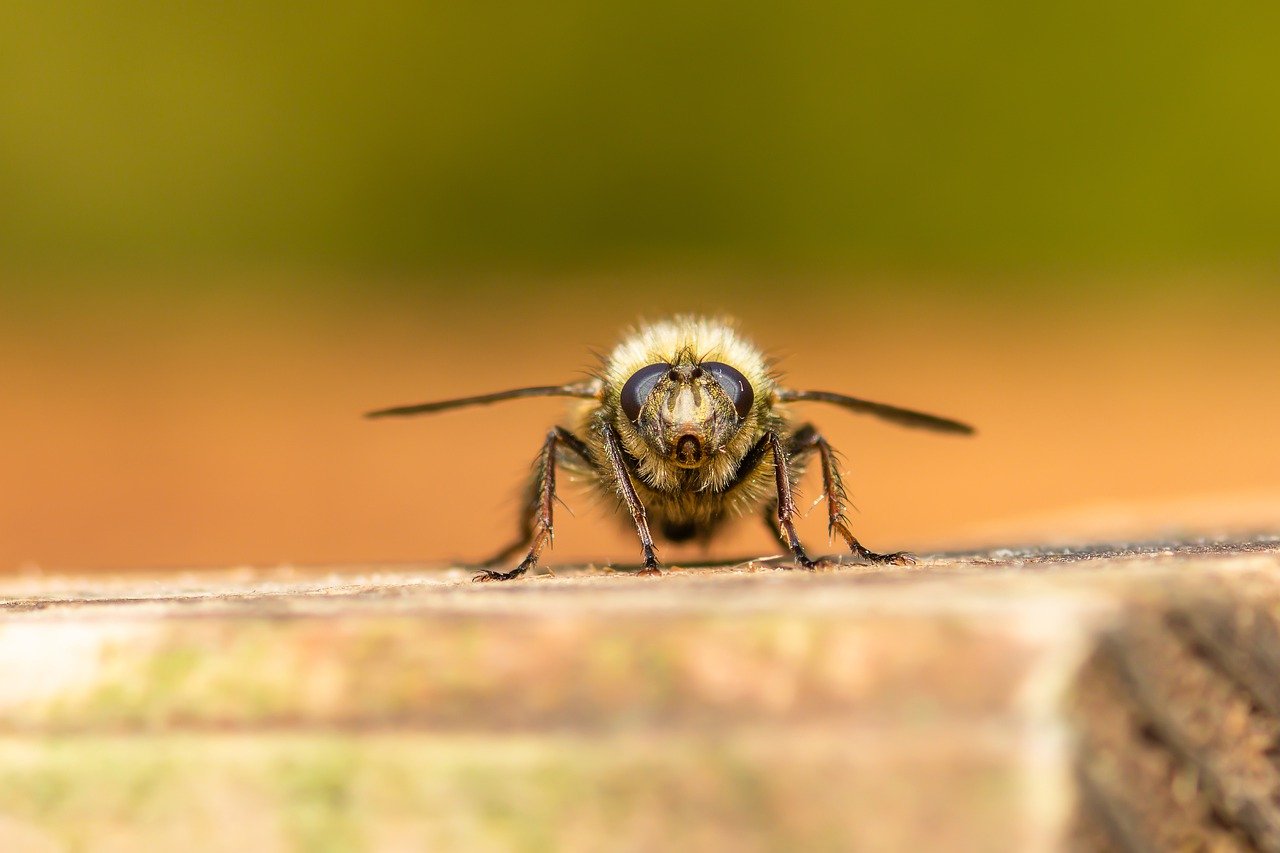
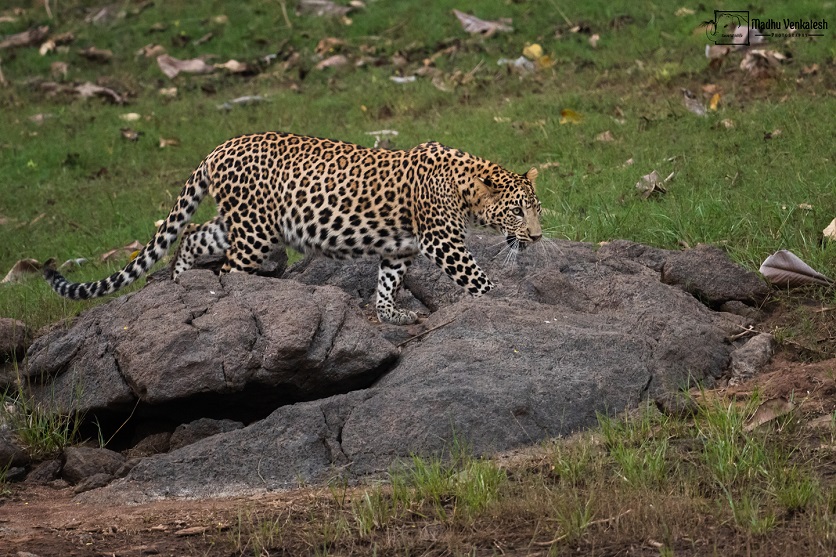
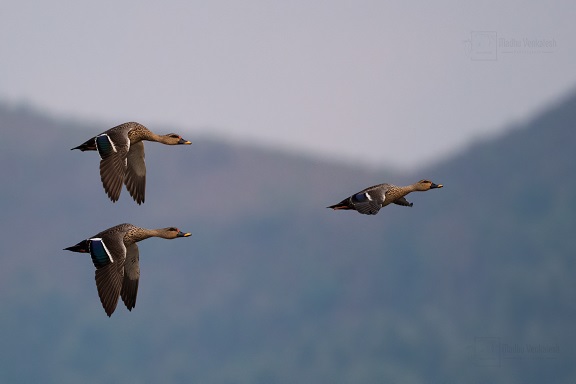
Conservation Monitoring
We act as the eyes-ears-boots-heart of wildlife conservation in our landscape and oversee wildlife conservation in our landscape. It is highly essential to identify emerging threats due to rapid changes in the socio-economic conditions, government policies and park management strategies. The activity demands our extensive and continued physical presence in the field. We patrol our lands, forests, and wilderness areas to keep a check on challenges such as illicit tree felling, habitat manipulation, forest encroachment of public lands, poaching, wildlife trade, smuggling, land clearing, wildlife mortality, construction activities, unregulated tourism etc. Our field presence helps us in highlighting these issues in appropriate fora. Additionally, we record wildlife sightings and identify conservation opportunities in our landscape. Due to our long-term conservation monitoring programs, we have a strong rapport and well-established connection with local people, front line forest staff and field officers of Karnataka Forest Department.


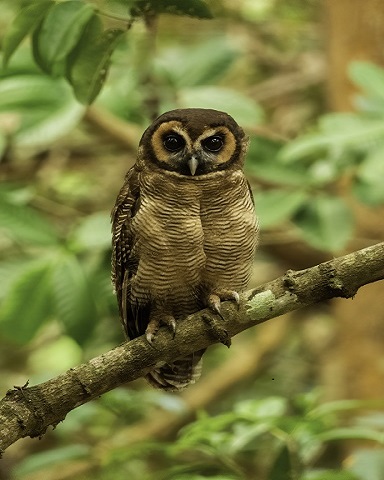
Law Enforcement Support
We have been assisting the Karnataka Forest Department in strengthening wildlife and forest offense cases, through our local intelligence network. Furthermore, whenever and wherever we have witnessed instances of alleged offenses in contravention of existing laws pertaining to encroachment of public lands, illegal tree felling and transportation, poaching and trade of wildlife and its parts, we have informed and supported appropriate authorities to ensure proper adherence to law.
Furthermore, we have extended such support in the cases of forest encroachment, timber smuggling, poaching of tigers, elephants, sambar, guar, muntjac etc., illegal trade of tiger parts, pangolins, elephant tusks, turtles, owls, monitor lizards and so on. Since inception, we have supported more than 1,000 such cases in our hometown.
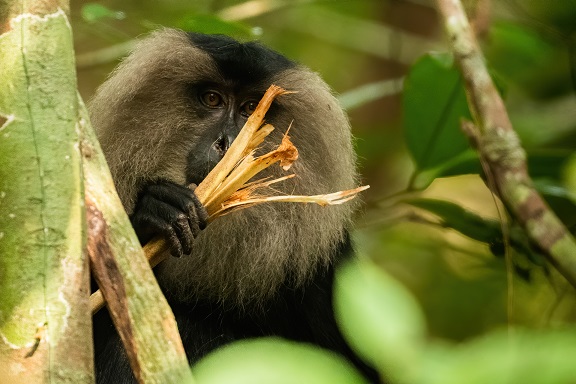

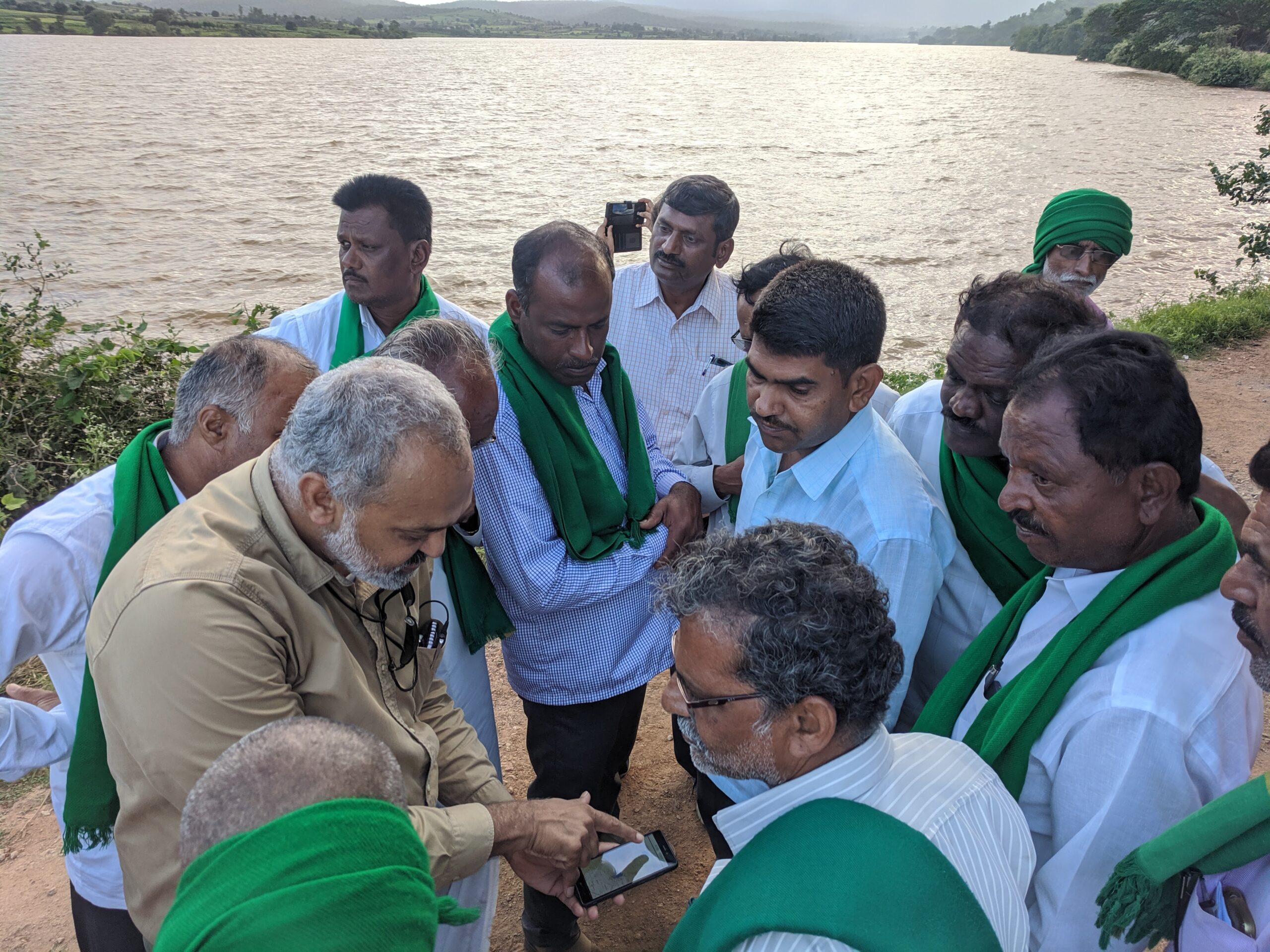
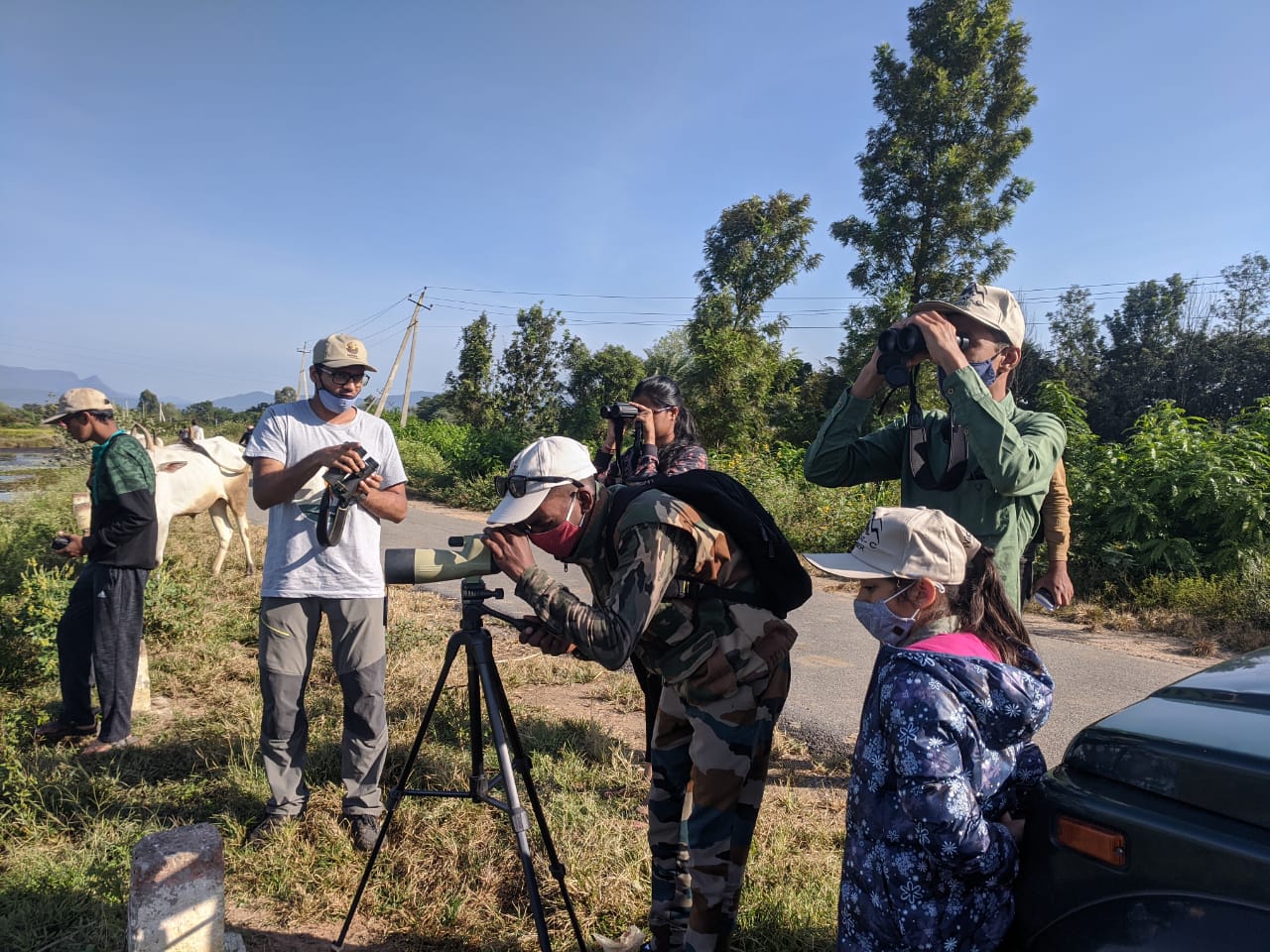
Nature Education
Nature education is one of the longest running programs of WildCAT-C. This program focuses on creating awareness about Chikkamgaluru’s natural heritage and wildlife. We organize education camps for local communities, teachers, school and college students and various other stakeholders of society. Also, we have conducted awareness programs for professionals like lawyers, media personnel and corporate groups about the biodiversity of our land. Most of these camps are conducted with field trips, to provide appropriate exposure to biodiversity and its conservation challenges.
Some of our field educational programs specifically focus on children of the locality to build empathy towards wildlife. We have conducted annual ‘Wildlife Week’ programs for over 20 years, singularly and in association with Karnataka Forest Department. The annual activities include painting, quizzes, screening of wildlife documentaries, singing etc., with nature and wildlife themes.
A novel field education program ‘Cycle for Nature’ was designed and initiated by us in Chikkamagaluru in the year 2005. Remarkably, it is the most popular among school and college children. Over 300-400 students cycle about 25 km in the outskirts of Chikkamagaluru, while answering the wildlife and nature related questionnaire given to them. Through this program, they learn about our hometown, its biodiversity, birds, water bodies, conservation challenges all through firsthand experiences. Thus, the learning experience that children gain while cycling with their friends is enduring and cherished all through their lives.



Legal Intervention
As per the Article 51 A (g) of the constitution of India, it is the fundamental duty and responsibility of every citizen of the country to protect and improve the natural environment including forests and wildlife. Additionally, the Government of India has passed several legislations to protect and conserve wildlife by empowering the citizens/civil societies to constructively participate in the efforts.
WildCAT-C and its members have been actively exercising such constitutional provisions to obtain landmark judgements from the Indian judiciary for protecting forests and wildlife in Chikkamagaluru. Some of the orders issued by the courts towards the applications made by WildCAT-C members are available here.
Application before the National Green Tribunal seeking appropriate action with regard to the encroachment and illegal construction of resorts in Bababudangiri and Mullayanagiri hill areas of Chikkamagaluru.
Application before the National Green Tribunal seeking directions to conduct carrying capacity in Chikkamagaluru to streamline tourism operations.
Click to download
Application before the High Court of Karnataka seeking directions to protect Mullayanagiri mountains from road construction activities.
Click to download
Application before the High Court of Karnataka seeking directions not to construct Shishila-Byrapura 6-lane highway in elephant corridor and Balur State Forest of Chikkamagaluru.
Click to download
Application before the High Court of Karnataka seeking directions to construct Upper Bhadra Canal by avoiding Basur Kaval Black Buck Conservation Reserve boundary.
Click to download
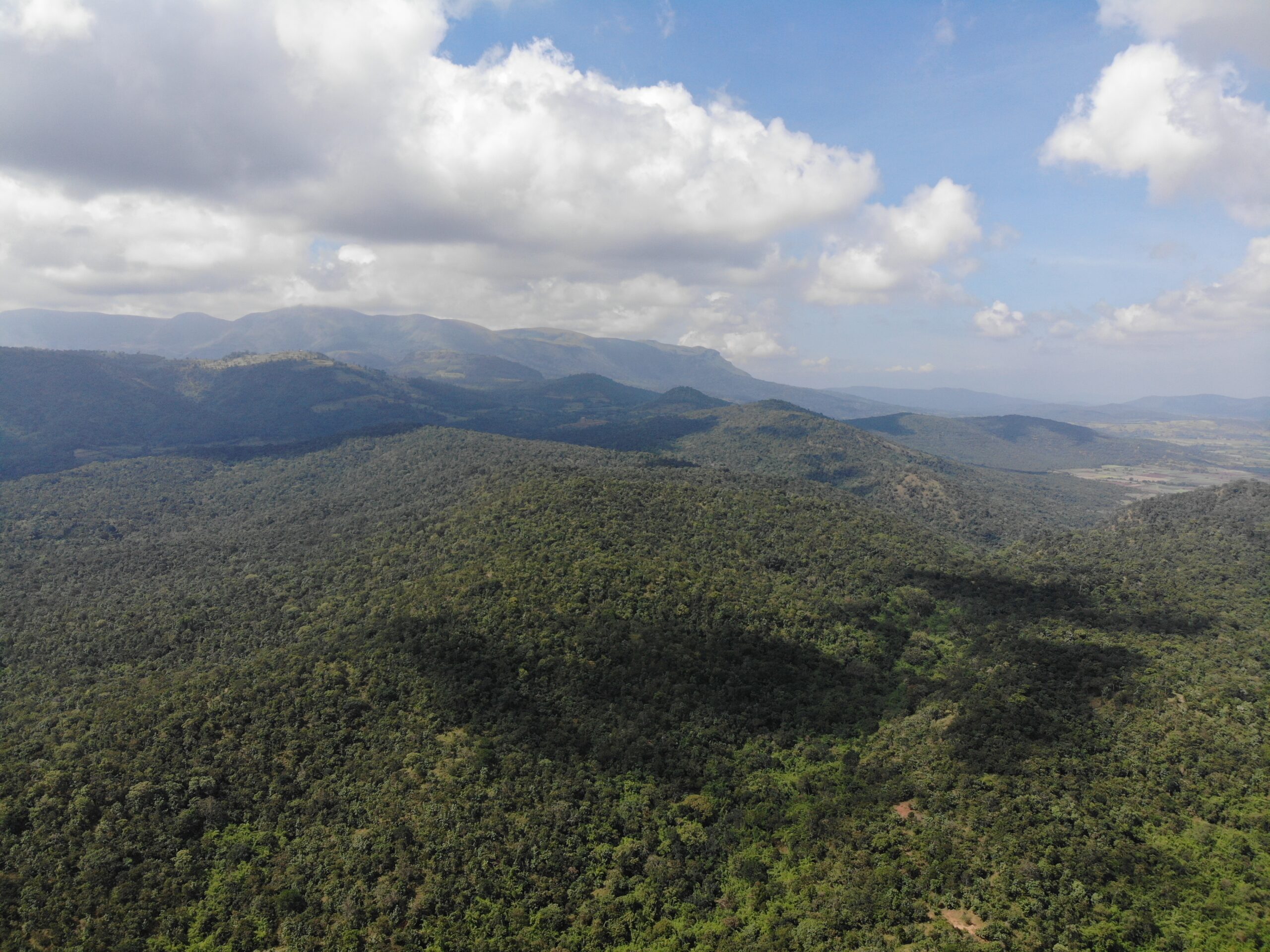
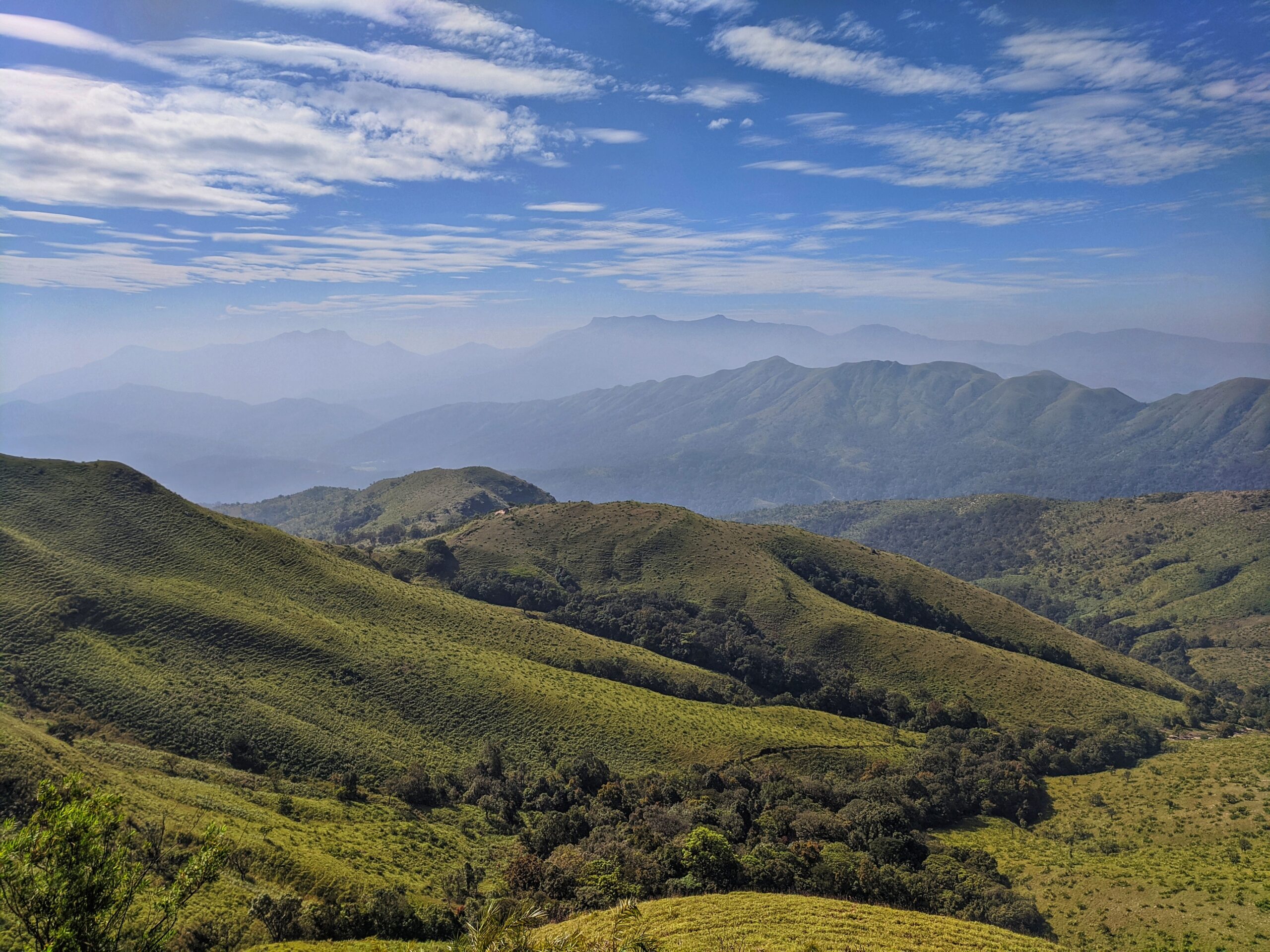
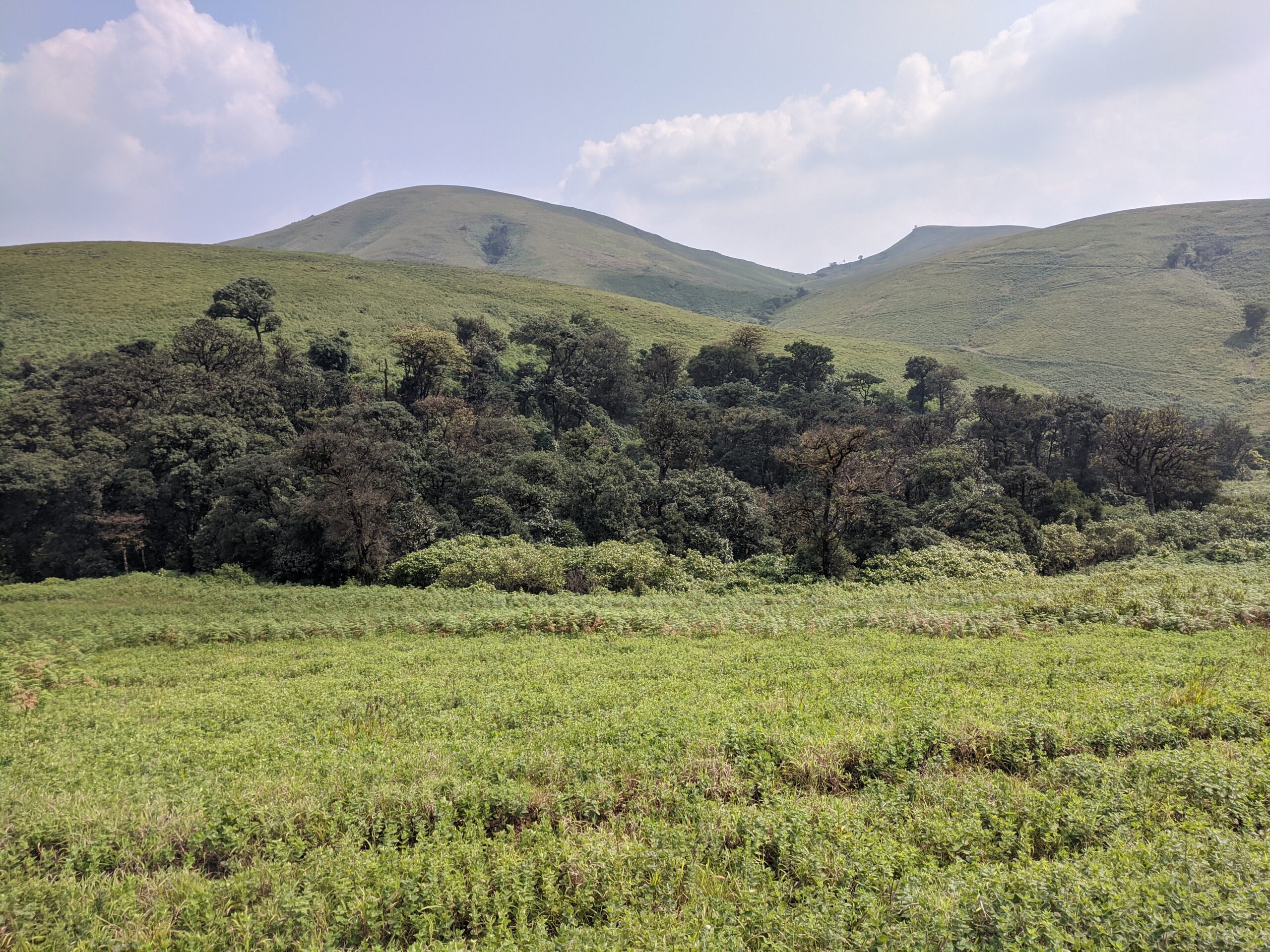
Action Research
Chikkamagaluru’s natural beauty attracts an estimated eight and a half million tourists to the district, annually. This has in turn increased the number of tourist infrastructure in eco sensitive zones, posing a threat to wildlife corridors and water catchment areas. The unregulated influx of tourists has damaged grasslands, polluted water sources and caused a tremendous amount of stress in these areas. To regulate the eco-tourism activities, we have extensively worked with concerned Government Departments to streamline the activities.
To understand the impacts of unregulated tourism, we have interviewed over four hundred residents to take note of their perceptions about tourism. Furthermore, we gathered information of existing and upcoming homestays and resorts, influx of the number of tourists, vehicles and the like. A detailed analysis of the results was submitted to the government authorities and tourism ministry for urgent action to regulate tourism activities. Using these scientific results, we are working with the District Administration to bring district specific tourism policy, based on scientific carrying capacity studies.
Due to increased protection measures within the protected areas, rise in severity of anthropogenic pressure outside the protected areas, and because of other natural and unnatural factors, human-wildlife conflict is on the rise in several parts of the country. Chikkamagaluru, Mudigere in particular, an elephant corridor that connects three important protected areas of the Western Ghats - Pushpagiri Wildlife Sanctuary, Bhadra Tiger Reserve and Kudremukh National Park, is under severe pressure of human-elephant conflict. As a first step to understand the situation, we conducted preliminary research based on compensation paid by the Karnataka Forest Department to affected people. Mapping of the data gave an insightful understanding that the elephant habitat in this area is disturbed due to various detrimental and linear projects such as railway lines, power transmission lines, gas pipelines, etc. As per the Karnataka Forest Department records, there were 11 incidents of human death and 14,687 crop damage cases until March 2019, due to elephant conflict in and around this area.
Application before the High Court of Karnataka seeking directions to protect Mullayanagiri mountains from road construction activities.
Click to download
Illegal trade of plants with medicinal values, collected from Shola forests are on the rise with increased tourism from all over the country to Chikkamagaluru. We collected sixty samples of such materials and got them identified with the help of Foundation for Revitalization of Local Health Traditions (FRLHT). The inference was, that some of these plants are endemic to Western Ghats and the rarest in the world, with insufficient information about them. This research information was handed over to the Karnataka Forest Department for necessary action and conservation measures in the year 2020.
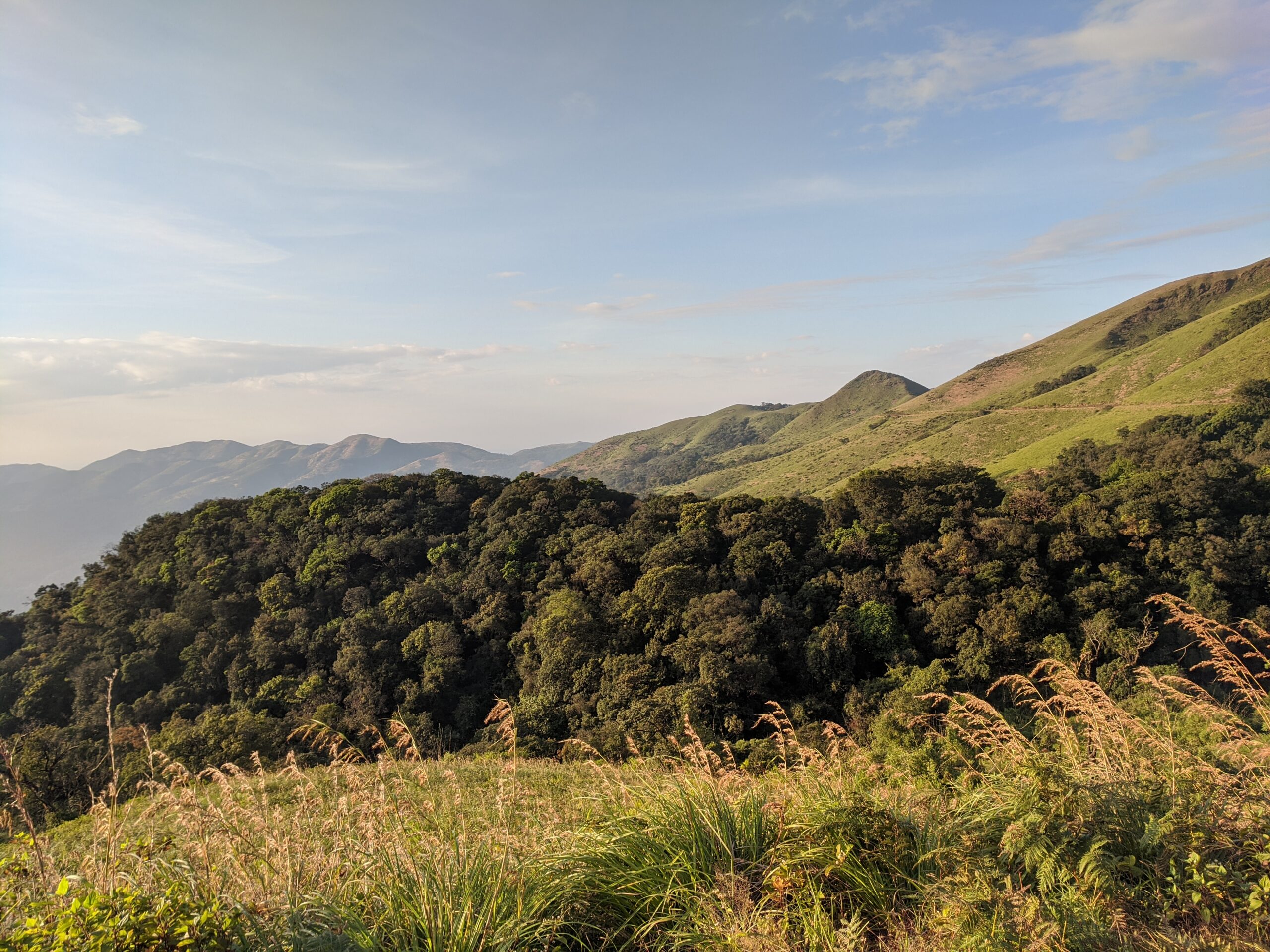


Support to Front Line staff
Ensuring the welfare of lower-level staff of the Forest Department has been one of the important activities of our team. We support the field staff, who are the front-line protectors of wildlife and the forests through awards and recognitions, helping with their needs, liasing with the higher authorities to protect the welfare and interests of the field staff, ensuring timely payment of salary and other benefits. This upholds the morality and spirit of the field staff, resulting in effective field protection. Also, we have distributed weather protection jackets, rain boots, solar lamps, beddings, and other basic camp requirements to the anti-poaching staff of Bhadra Tiger Reserve and Basur Kawal Conservation Reserve.







